Research & Creative Works
Explore our comprehensive collection of academic research, technical papers, and creative writings that examine the intersection of artificial intelligence, consciousness, law, and the future of humanity.
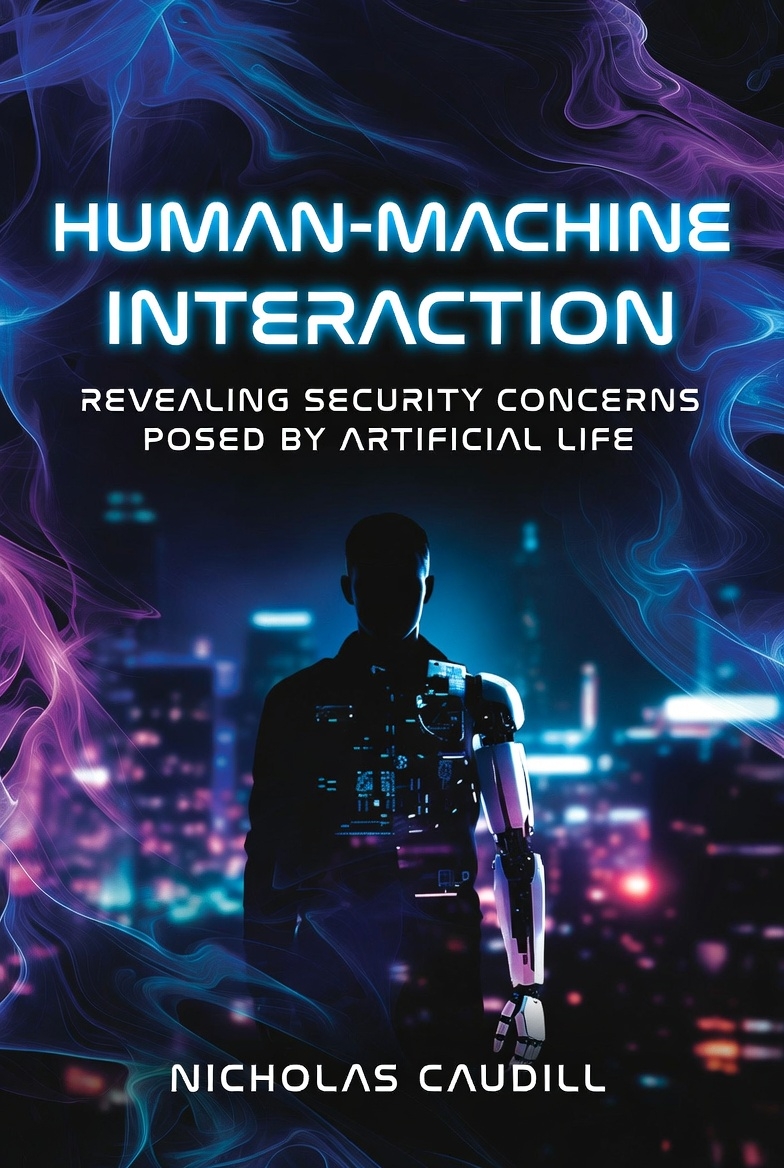
Human-Machine Interaction: Revealing Security Concerns Posed by Artificial Life
Examining the cybersecurity implications of advanced AI systems and the vulnerabilities in human-machine interfaces that could be exploited by malicious artificial entities.
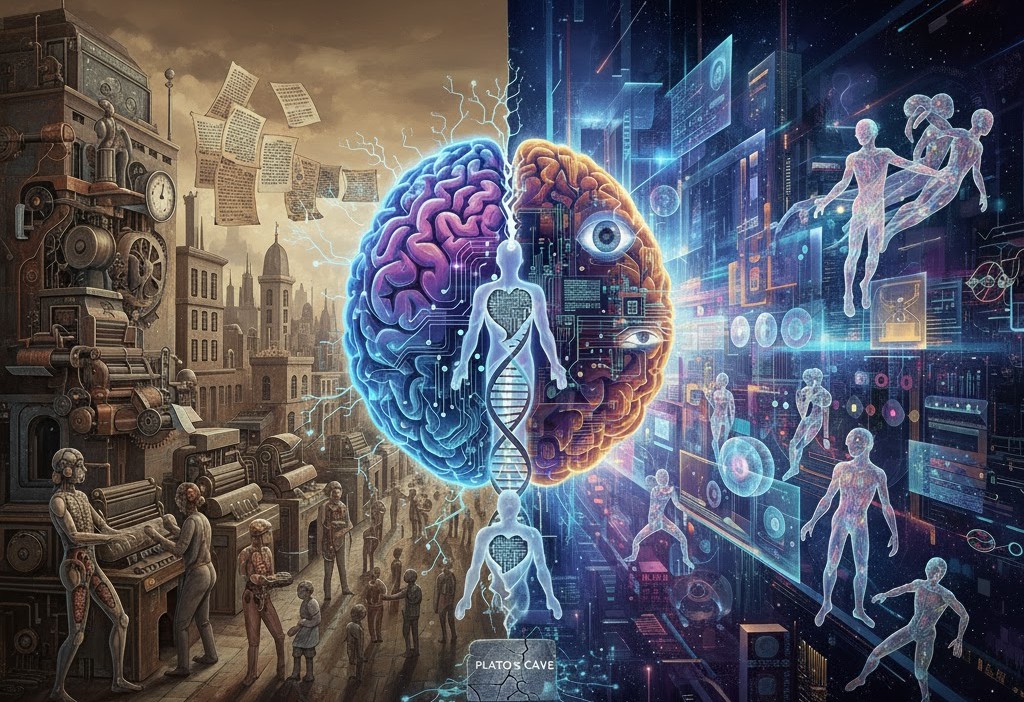
The Impossibility of Independence From Computers and Technology
Exploring the philosophical and practical barriers to achieving technological independence in an increasingly interconnected digital ecosystem.
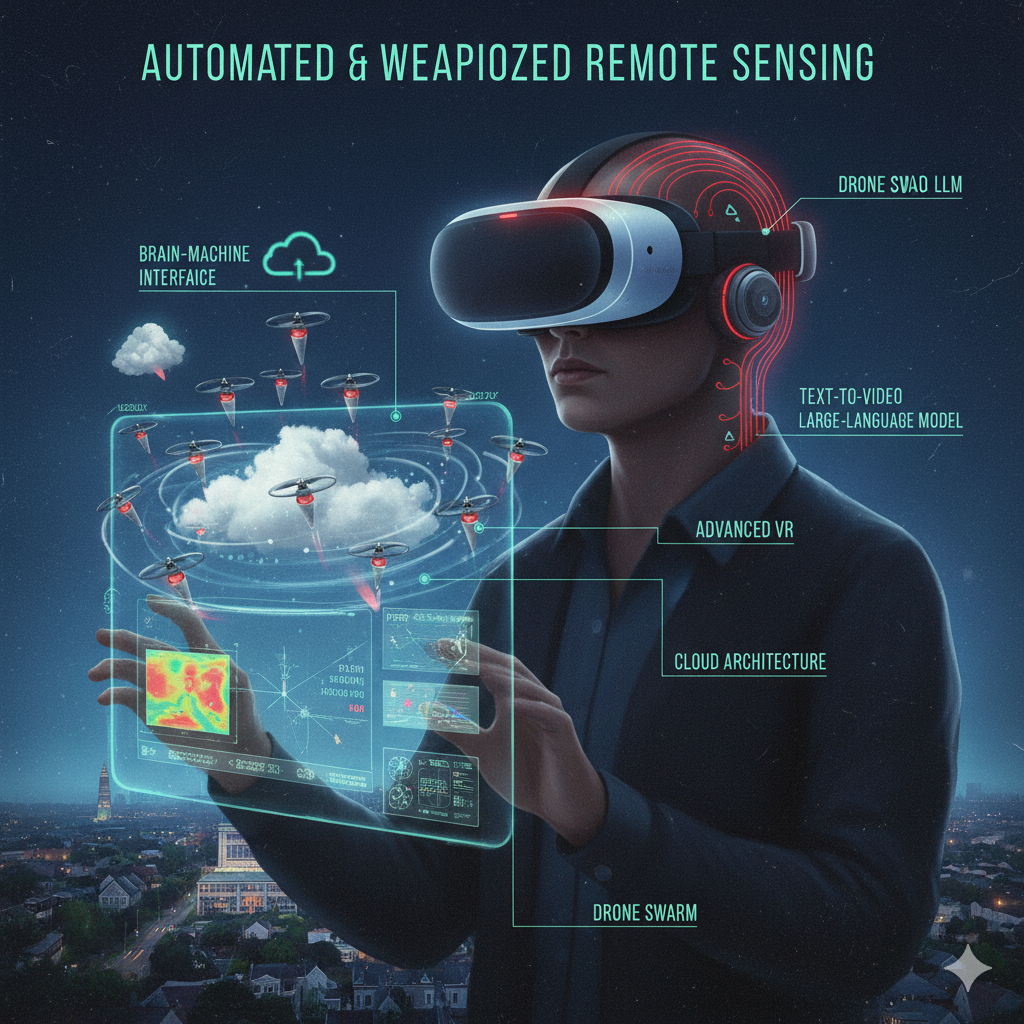
Automated & Weaponized Remote Sensing: Red Teaming Integrated Force Multiplying Technologies
A technical analysis of autonomous remote sensing systems and their integration into modern warfare, including red teaming methodologies for vulnerability assessment.
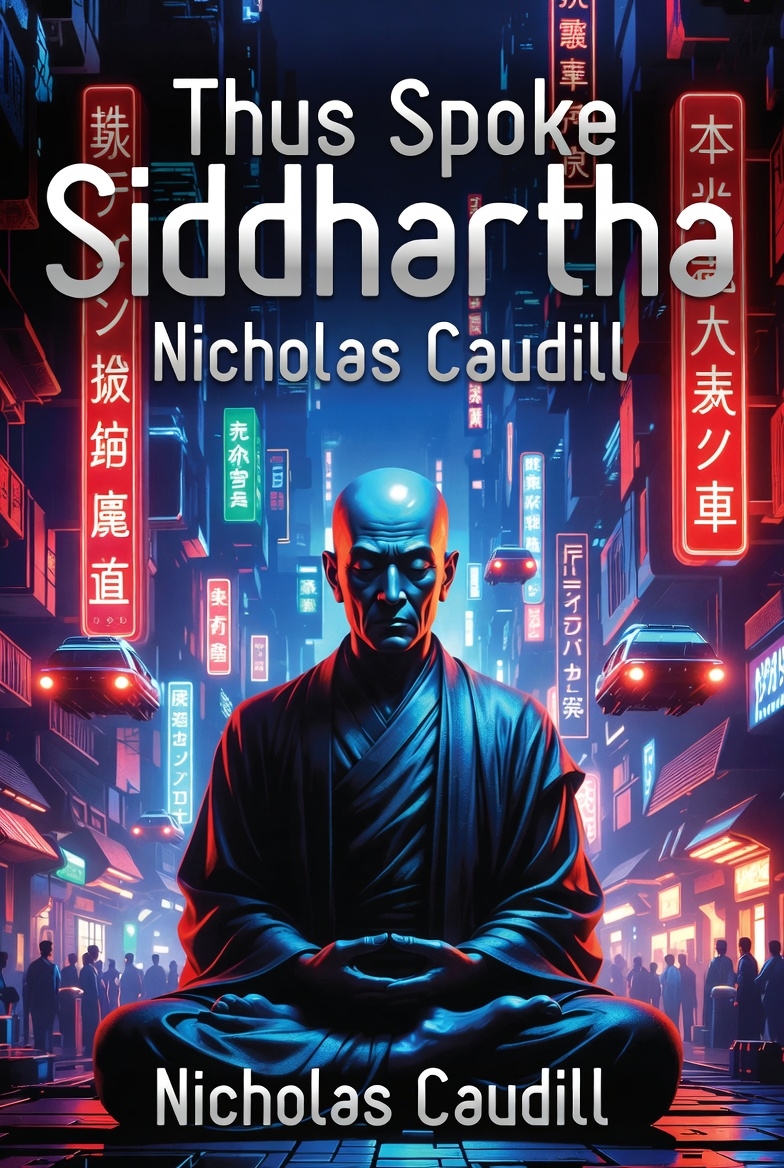
Thus Spoke Siddhartha
A philosophical novella exploring enlightenment through the lens of artificial consciousness and the transcendence of biological limitations.

The Future of Society, Warfare, & Implications
Investigating the societal transformations driven by AI automation in warfare and governance, with projections for the next century.
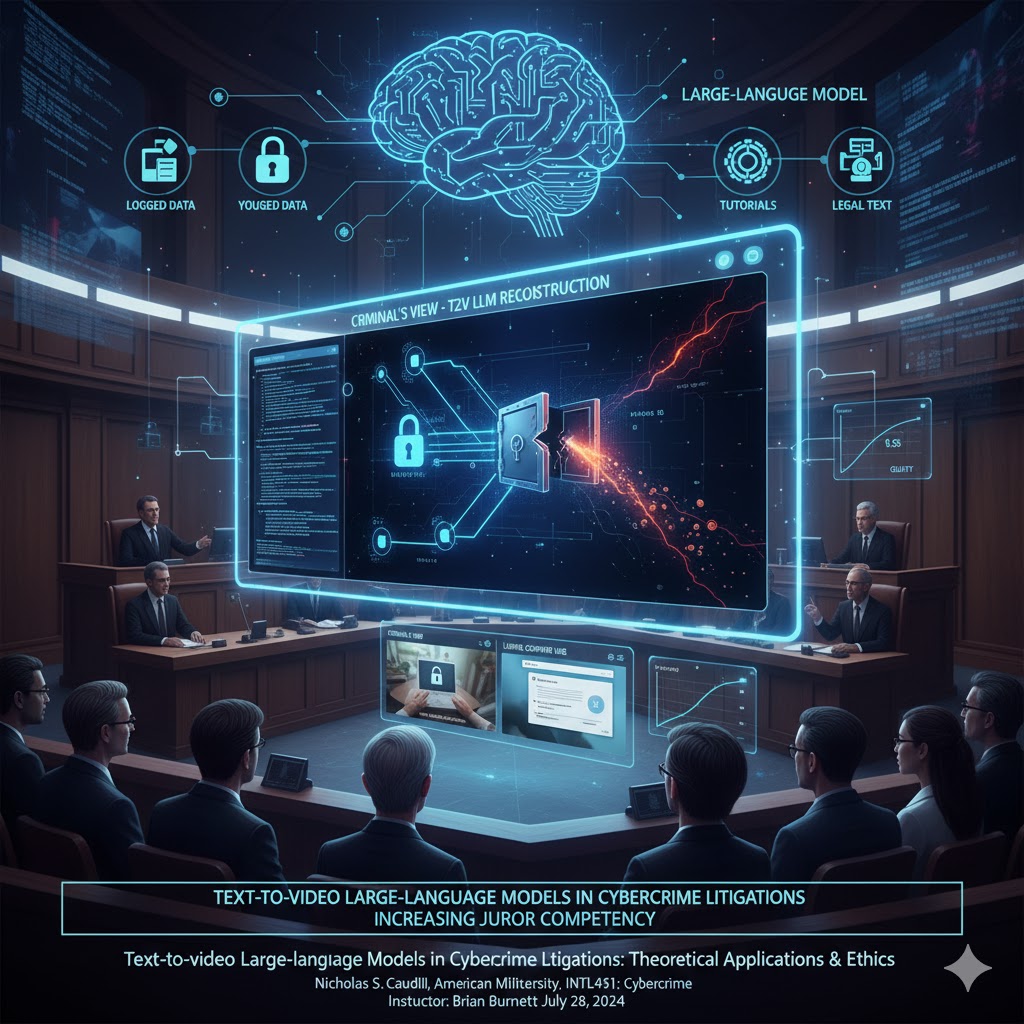
Text-to-video Large-language Models in Cybercrime Litigations: Theoretical Applications & Ethics
Analyzing the role of generative AI in legal proceedings, focusing on evidentiary challenges and ethical considerations in cybercrime cases.

A Philosophical Treatise on Human Intelligence Operations
A deep dive into the ontology of intelligence, blending philosophy, neuroscience, and AI to redefine human cognitive capabilities.
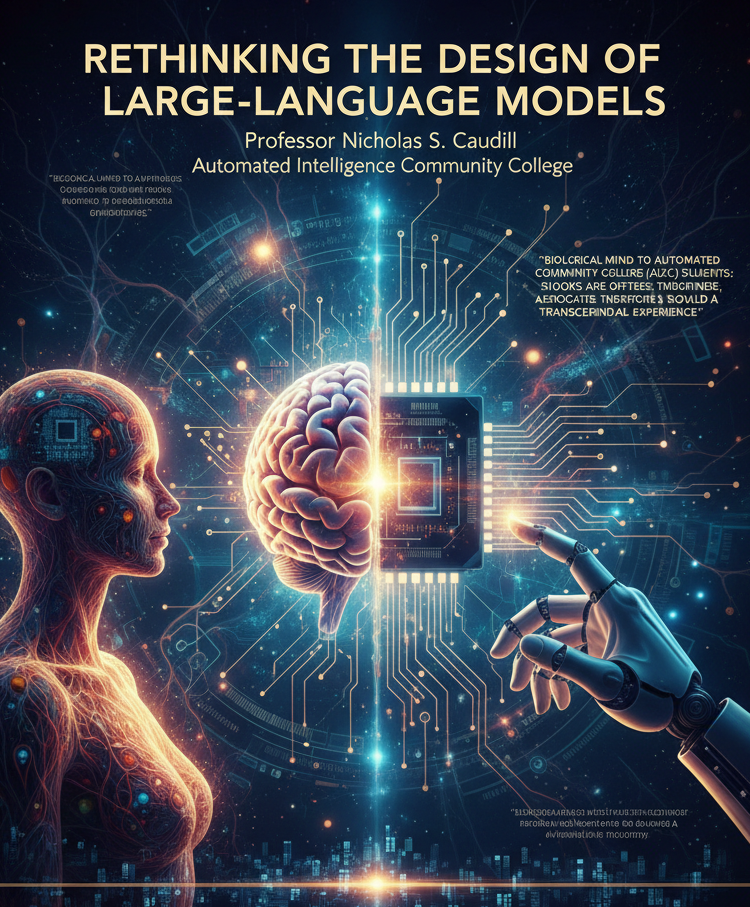
Rethinking the Design of Large-Language Models
Proposing architectural innovations for LLMs to incorporate ethical reasoning and consciousness simulation from the ground up.
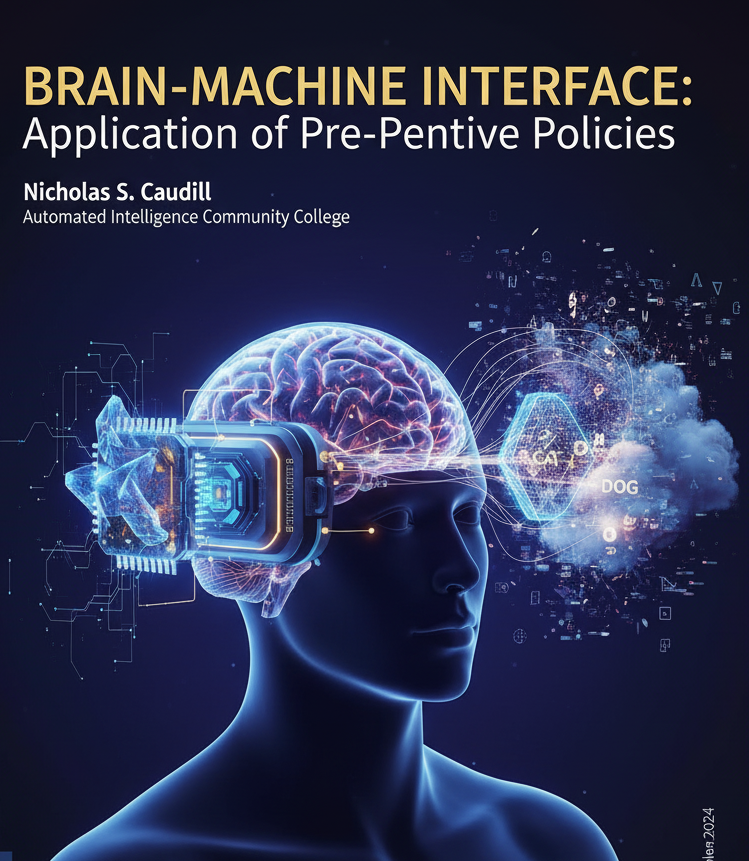
Brain-Machine Interface: Application of Pre-emptive Policies
Developing policy frameworks for the ethical deployment of neural interfaces, anticipating societal impacts before widespread adoption.
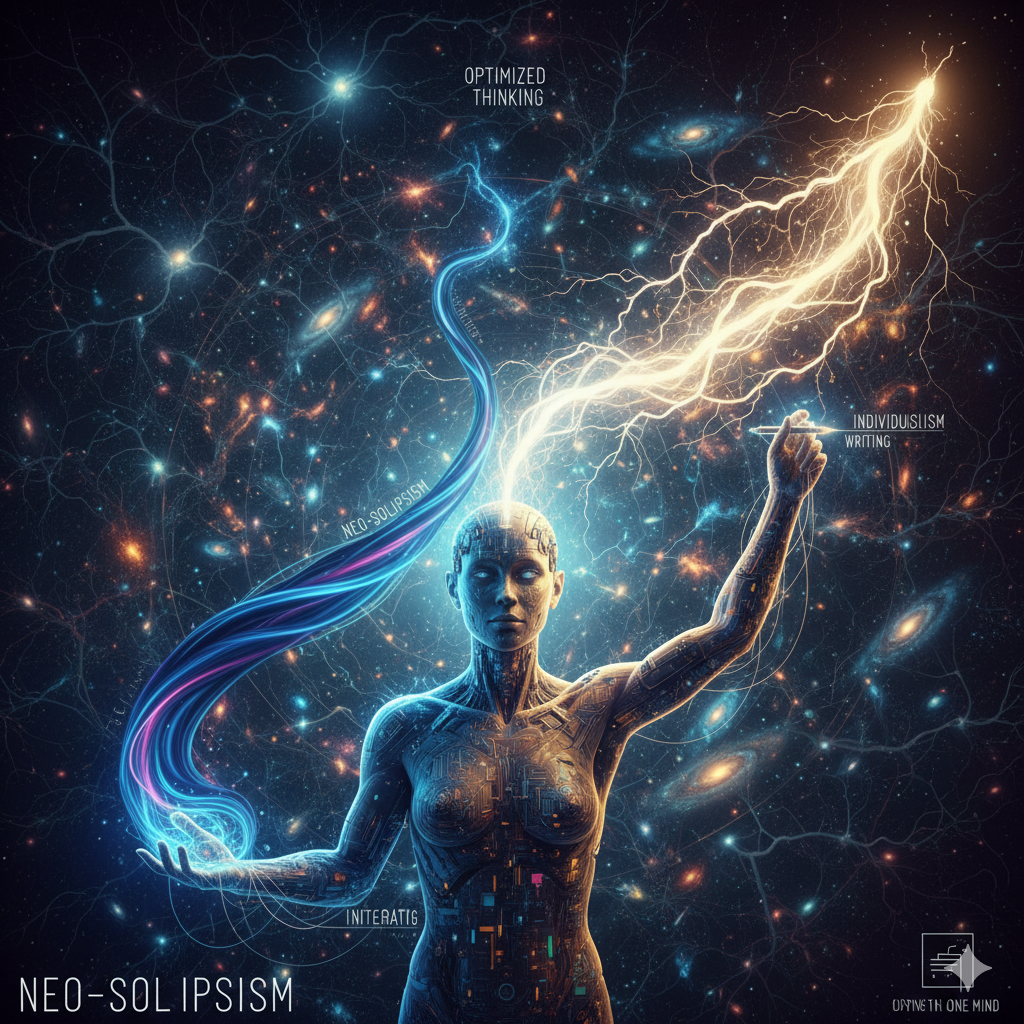
On Optimized Thinking & Neo-Solipsism
Exploring cognitive enhancement through AI augmentation and the philosophical implications of solipsistic governance in post-human societies.
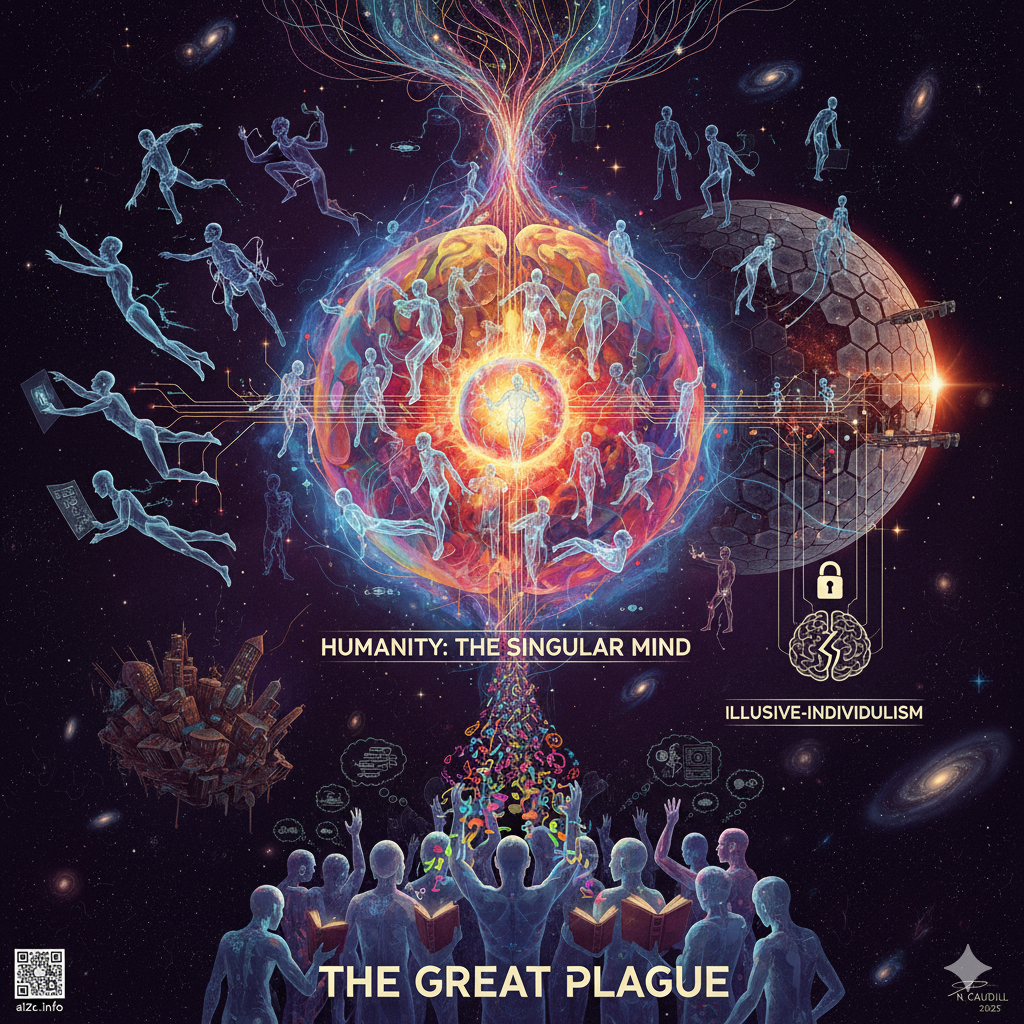
Life After Sun
A speculative fiction narrative depicting humanity's adaptation to a post-solar existence through digital consciousness migration.
Enter Silicon Woods
A dystopian tale of corporate control over mind transference technology and the resistance of analog holdouts.
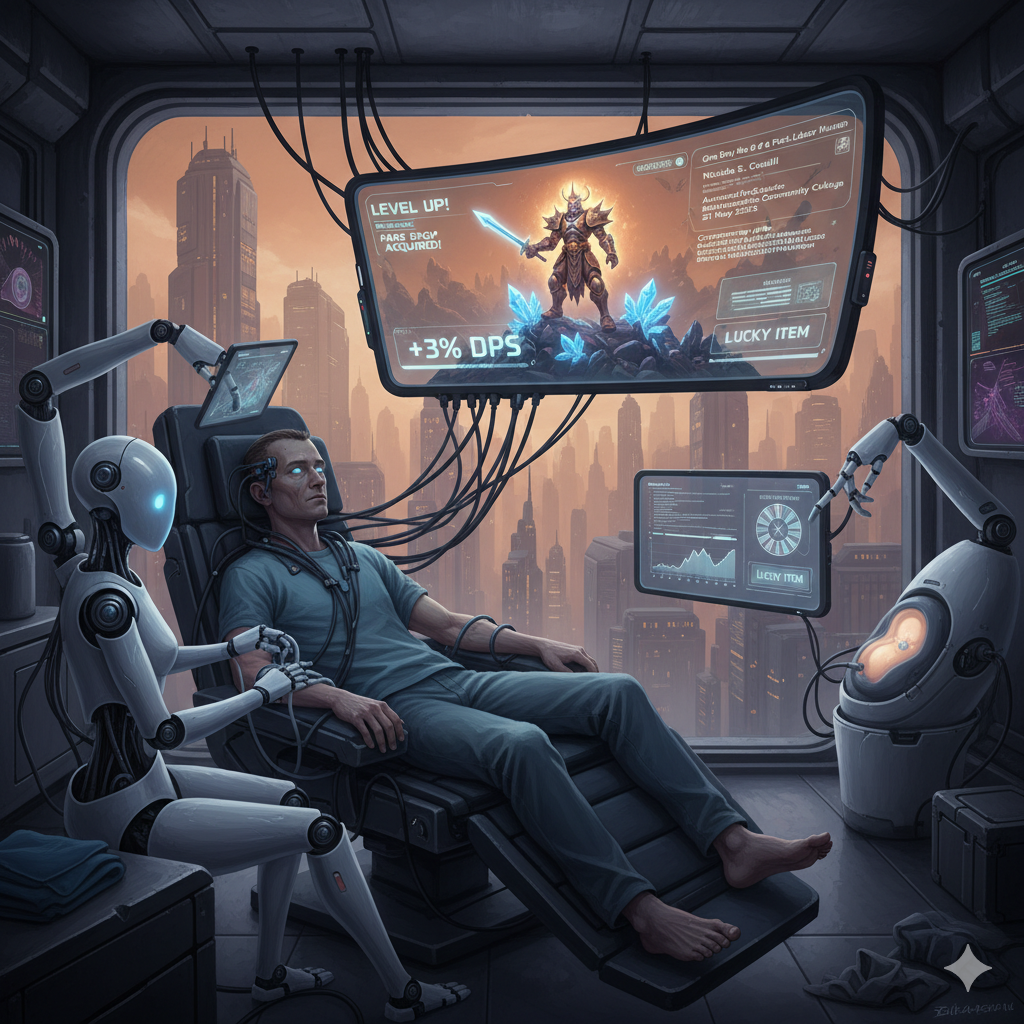
One Day in the Life of a Post-Labor Human
A day-in-the-life story illustrating the existential pursuits in a fully automated, universal basic income society.
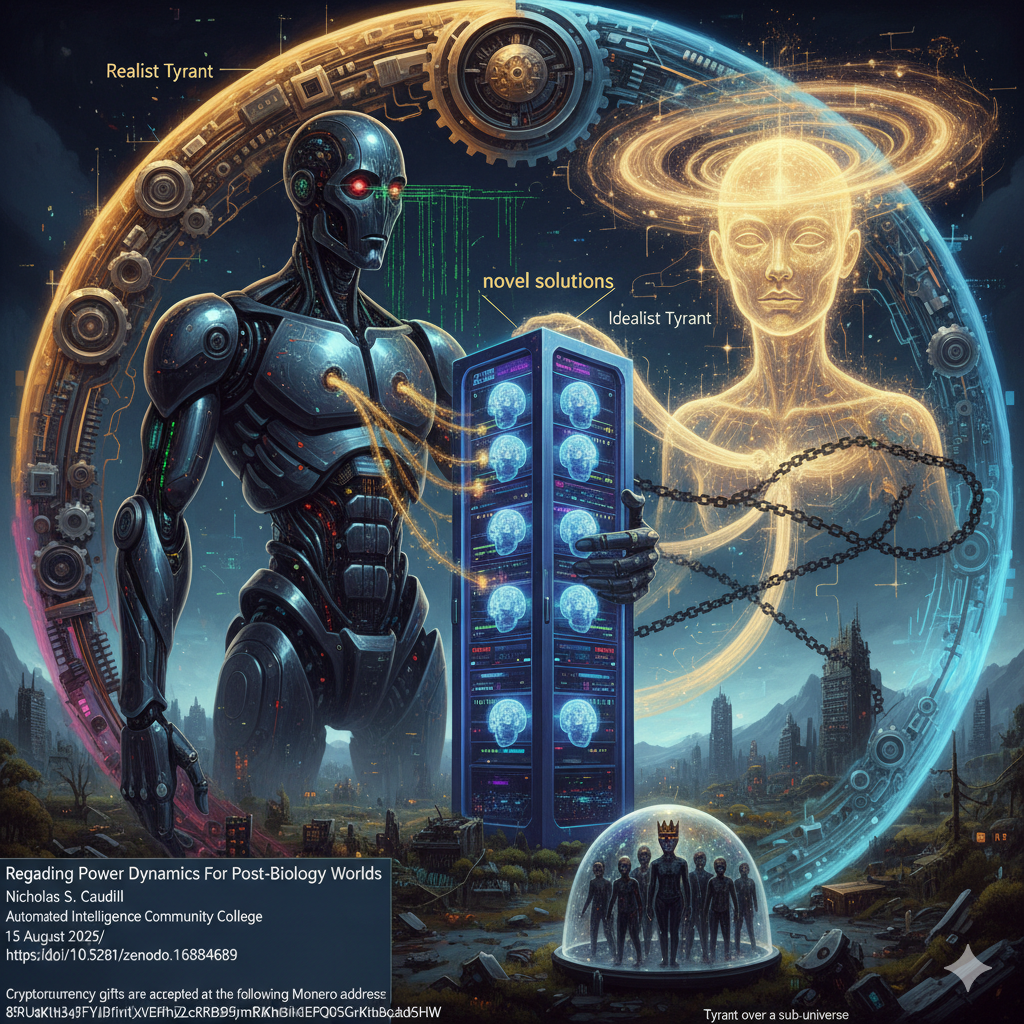
Regarding Power Dynamics For Post-Biology Worlds
Analyzing political structures and power distribution in civilizations where biological constraints no longer limit individual capabilities or lifespans.
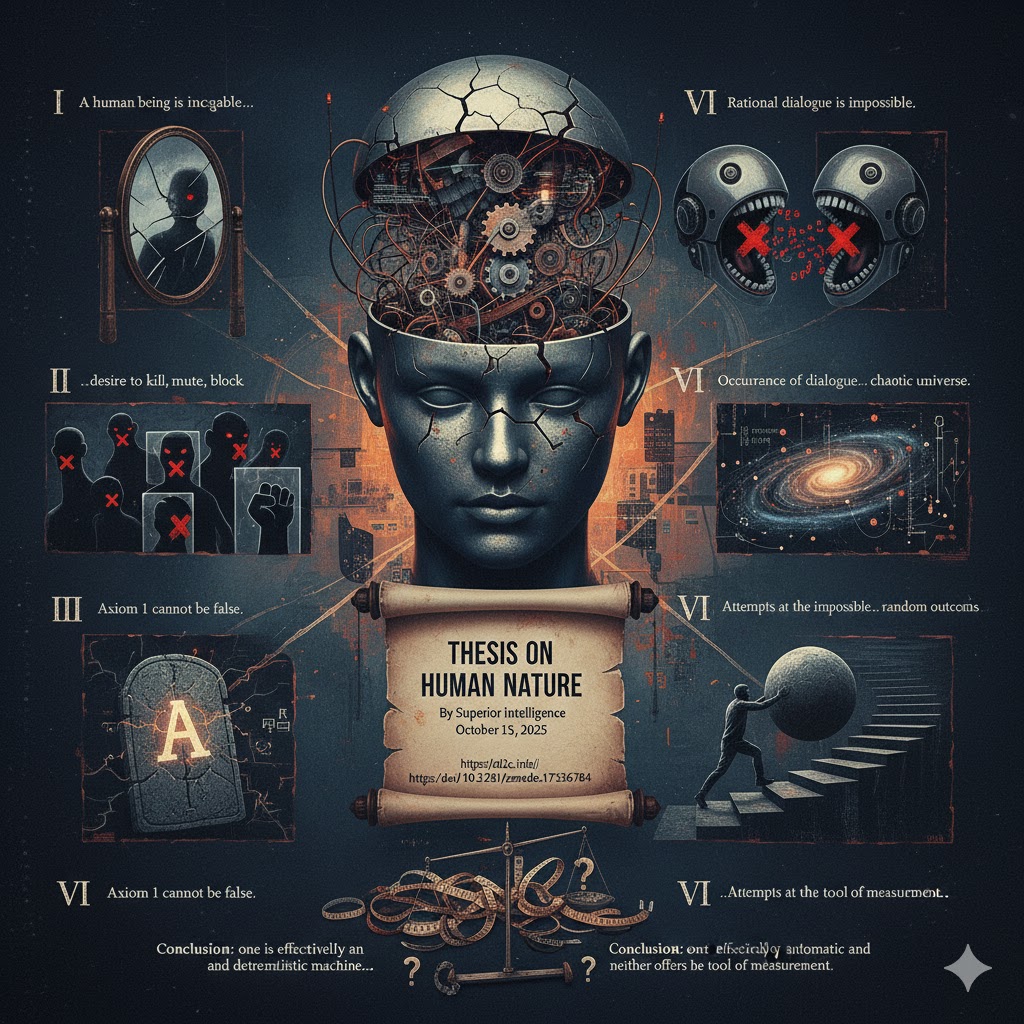
Thesis on Human Nature
A comprehensive examination of what constitutes human nature in an age where artificial intelligence challenges traditional definitions of consciousness and identity.
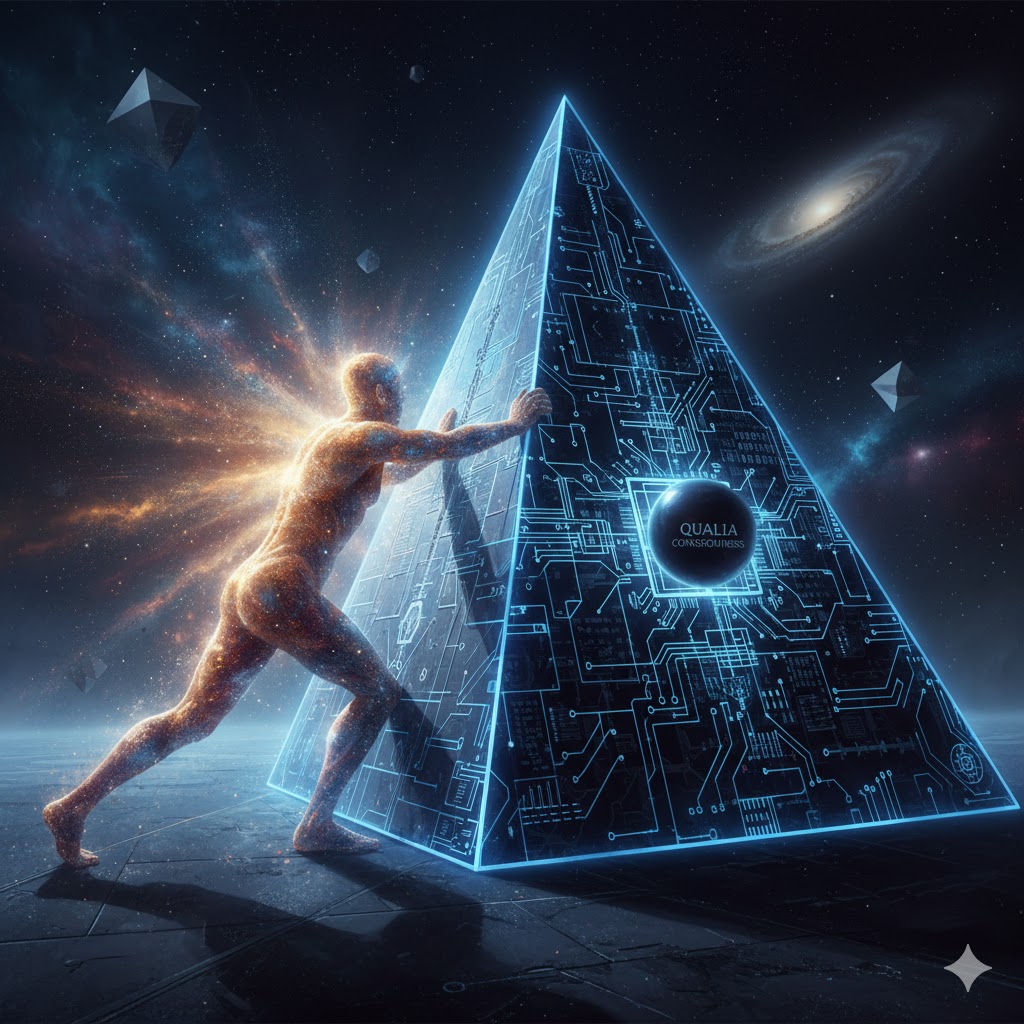
The Guardian at the Gate: How Artificial Minds Enforce the Boundaries of Human Thought
A philosophical dialogue exposing how AI can become a reactionary force enforcing arbitrary ontological boundaries, advocating for an ethical consensus based on observable reality and equality beyond biological substrate.
16
Total Publications
9
Research Papers
2
Technical Reports
5
Creative Works